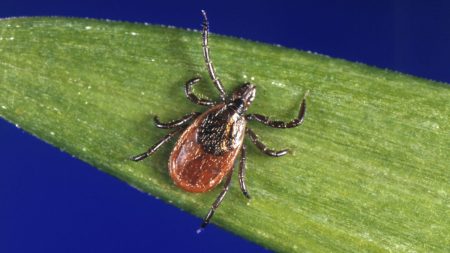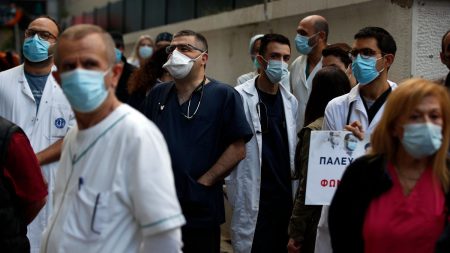Marburg Virus Outbreak in Tanzania: A Growing Concern
The World Health Organization (WHO) has confirmed an outbreak of the Marburg virus in Tanzania, raising concerns about the potential for a wider spread of the deadly disease. As of January 11, nine suspected cases have been identified, eight of which have resulted in fatalities, yielding a staggering case fatality rate of 89%. The outbreak is concentrated in the Biharamulo and Muleba districts within the Kagera region, a known transit hub, raising anxieties about further transmission. While investigations are ongoing to pinpoint the source of the outbreak, health officials anticipate additional cases as surveillance efforts intensify. The WHO is working closely with Tanzanian authorities to contain the virus and prevent its spread to neighboring countries, including Rwanda, Uganda, Burundi, and the Democratic Republic of Congo (DRC). These countries have been urged to heighten their vigilance and preparedness to manage potential Marburg cases.
The Marburg virus, a close relative of the Ebola virus, manifests with severe symptoms including high fever, headache, back pain, diarrhea, vomiting (often with blood), and profound physical weakness. As the disease progresses, external hemorrhaging can occur, further complicating the patient’s condition and increasing the risk of transmission. The virus spreads primarily through direct contact with bodily fluids of infected individuals or contaminated surfaces, placing healthcare workers at elevated risk. Currently, there are no authorized vaccines or treatments for Marburg, although several promising candidates are undergoing clinical trials. The absence of effective countermeasures underscores the urgency of containing the outbreak and preventing its expansion.
The epidemiological context of the Kagera region adds to the complexity of the outbreak response. Being a transit hub, the region witnesses significant human movement, potentially facilitating the virus’s spread beyond the initially affected districts. The WHO has acknowledged delays in the detection and isolation of infected individuals, further complicating containment efforts. Rapid response teams have been deployed to the area to support investigations, bolster surveillance activities, trace contacts of confirmed cases, and establish treatment centers. However, the high case fatality rate and the lack of specific treatment highlight the critical need for rapid and effective control measures.
The current outbreak is not the first instance of Marburg virus emergence in Tanzania. In 2023, the Kagera region experienced another outbreak that spanned nearly two months, resulting in nine cases and six deaths. The recurrence of the virus in this region points to the continued presence of zoonotic reservoirs, such as fruit bats, which are known to harbor the virus. Understanding the ecological dynamics of the virus and its interaction with these reservoirs is crucial for developing long-term prevention strategies. The proximity of the Kagera region to Rwanda, which experienced a Marburg outbreak in the preceding year, further emphasizes the interconnectedness of these regions and the need for cross-border collaboration in disease surveillance and control.
The WHO’s risk assessment categorizes the risk as high within Tanzania and the surrounding region, but low globally. This assessment reflects the localized nature of the current outbreak and the potential for regional spread. However, the absence of effective treatments and the high mortality rate associated with Marburg virus infection underscores the need for a comprehensive and coordinated response. International collaboration and support are essential to bolstering Tanzania’s capacity to manage the outbreak, strengthen regional surveillance systems, and prevent further spread of the virus. The WHO is actively coordinating these efforts and providing technical assistance to the affected countries.
The unfolding Marburg virus outbreak in Tanzania serves as a stark reminder of the ever-present threat posed by emerging infectious diseases. It highlights the crucial importance of robust surveillance systems, rapid response capabilities, and international cooperation in preventing and controlling outbreaks. The challenges posed by this outbreak underscore the need for ongoing research and development of effective vaccines and treatments for Marburg virus disease, as well as strategies for mitigating the risks associated with zoonotic spillover events. The current situation calls for heightened awareness and proactive measures to protect public health both within the affected region and globally. The international community must remain vigilant and prepared to respond effectively to future outbreaks of this highly lethal virus.














